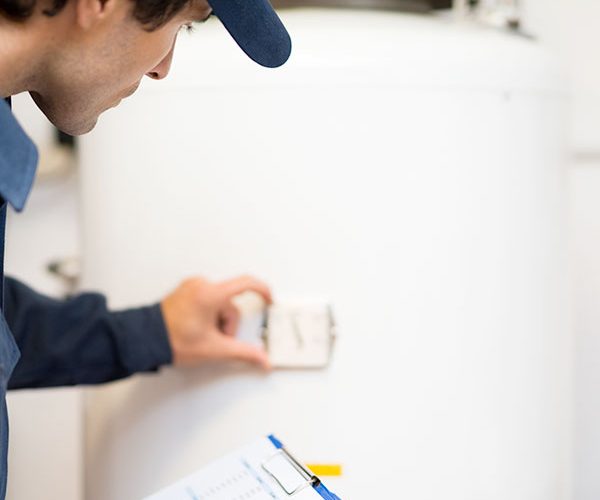Are you trying to find tips concerning The Importance of Water Heater Maintenance?

A water heater is just one of the most crucial basic devices that can be discovered in a home. With water heaters, you don't require to experience the tension of heating water manually each time there is a demand to wash, do the laundry, or the dishes. Nonetheless, there is constantly a possibility that your water heater would certainly act up as with the majority of mechanical devices.
It is important to note any kind of little malfunction and tackle it swiftly prior to points get out of hand. Most times, your water heater begins to malfunction when there is a build-up of sediments as a result of continuous usage. As a preventative measure, regular flushing of your hot water heater is recommended to stop sediment accumulation and also prevent useful failure.
Typical water heater emergencies as well as exactly how to manage them
Too little warm water
It may be that the water heating unit can't support the hot water demand for your house. You can update your water heating unit to one with a larger capacity.
Fluctuating water temperature.
Your water heating system might begin creating water of different temperatures typically ice cold or scalding warm. There could be a requirement to replace either the home heating or the thermostat system of your water heater.
Dripping hot water heater storage tank.
In this situation, you must turn off your water heater, allow it to cool down, and also carefully look for the source of the trouble. At times, all you need to do is to tighten a few screws or pipeline connections in cases of small leaks. If this does not work and also the leakage continues, you could require to utilize the solutions of a professional for a proper replacement.
Discolored or smelly water
When this happens, you require to understand if the concern is from the container or the water resource. If there is no amusing scent when you run cool water, after that you are specific that it is your water heating unit that is malfunctioning. The smelly water can be caused by rust or the buildup of microorganisms or debris in the water heating unit storage tank.
Final thought
Some home owners disregard little caution and also minor faults in their hot water heater system. This only leads to more damages as well as a possible complete failure of your home appliance. You must take care of your water heater faults as quickly as they come near prevent more expenses and unnecessary emergency troubles.
With water heaters, you do not need to go via the stress and anxiety of home heating water manually every time there is a need to take a bathroom, do the laundry, or the meals. It may be that the water heating system can't support the warm water demand for your apartment. Your water heating unit could begin creating water of different temperature levels usually ice scalding or cool hot. If there is no funny odor when you run cold water, after that you are specific that it is your water heater that is malfunctioning. The smelly water can be created by rust or the accumulation of germs or sediments in the water heating unit tank.
Common Water Heater Issues and What You Should Do
What Type of Water Heater Do You Have?
Before we begin it’s first important that you identify the type of water heater you have on your property. There are two main types of water heaters out there: conventional and high efficiency.
Both of these types of products typically use either gas or electricity to heat power. There are also solar water heaters that use a thermal collector on the roof or yard to heat the water.
While these models are not as common, they can cut heating costs in half. In this article, we will focus on conventional and high efficiency.
How Do My Electric and Gas Water Heater Work?
Though they look similar, electric and gas water heaters work very differently. It’s important to know their basic function because often problems can be specific to the heating source.
In the electric model, a thermostat on the side of the machine detects the temperature of the water in the tank. When the temperature needs to rise electricity flows to a heating element suspended in the water.
Gas models also use a thermostat device — typically with a mercury sensor at the tip and an additional sensor called a thermocouple. The thermocouple detects whether the pilot light is on and controls the flow of gas.
When the thermostat drops below the appropriate level gas is released which becomes ignited by the pilot light. The flame heats the bottom of the water tank which causes hot water to rise and cold water to drop.
This natural circulation continues until the water reaches the desired temperature. Then, the thermostat triggers the gas control valve to shut off the flow of gas.
What Are the Most Common Issues and How Do You Fix Them?
https://happyhiller.com/blog/common-water-heater-issues-and-what-you-should-do/

Do you like reading up on Is Your Water Heater Leaking?? Write feedback down the page. We will be glad to know your ideas about this post. We hope that you visit us again before long. Sharing is nice. Who knows, you may be helping someone out. Thank you so much for going through it.
Resolve today, dial!